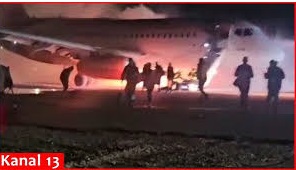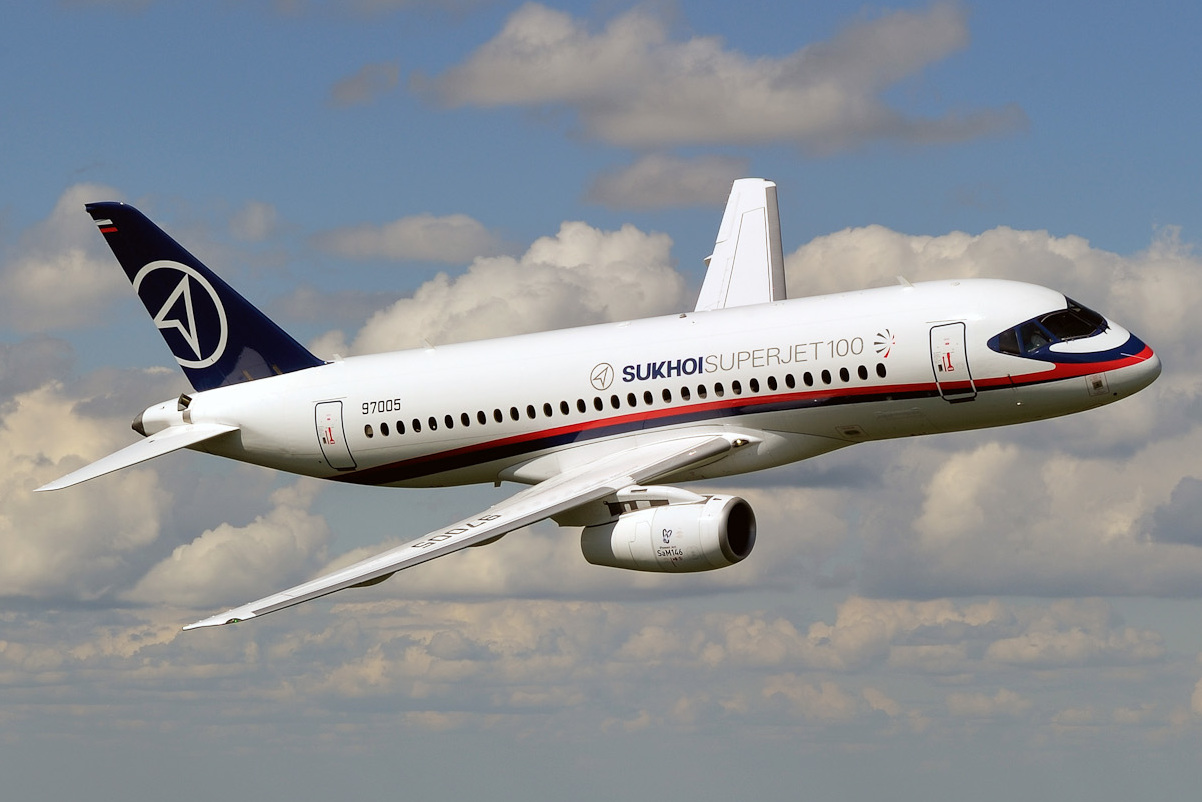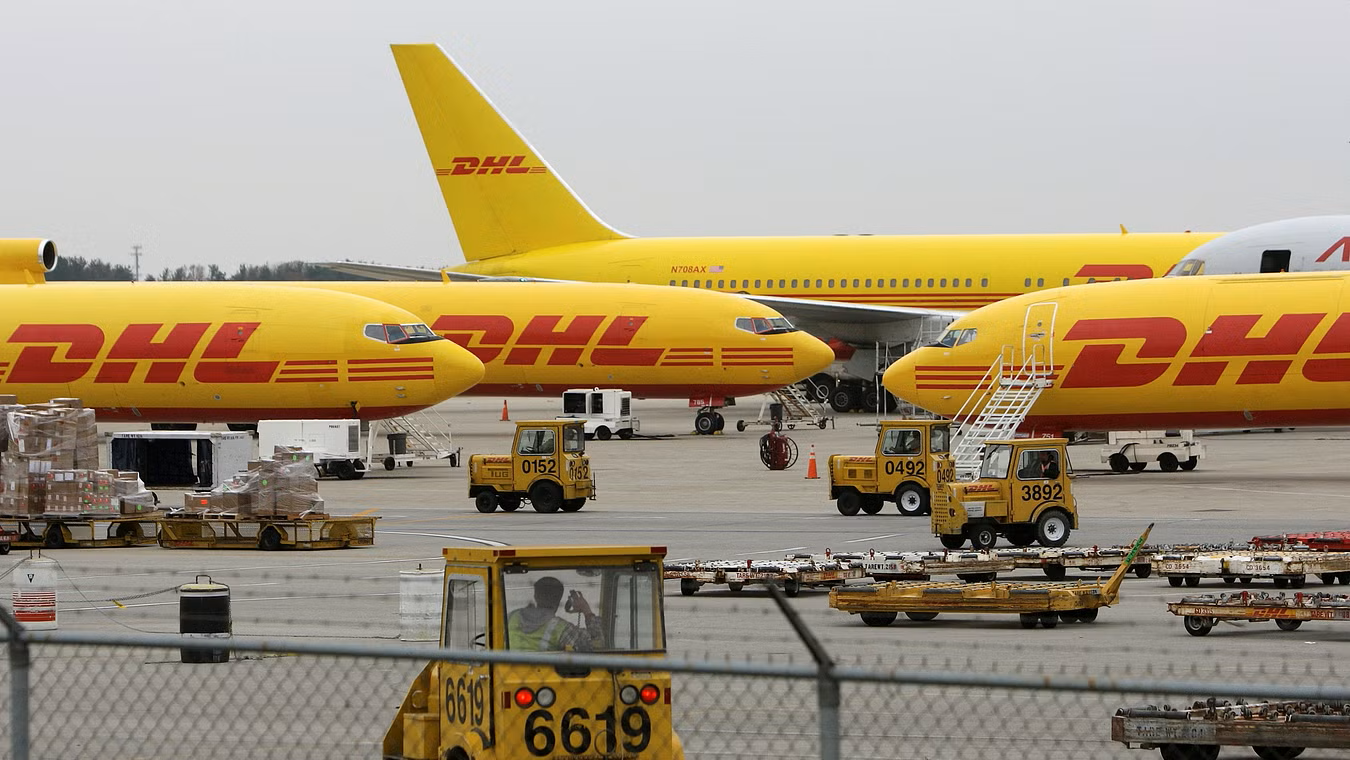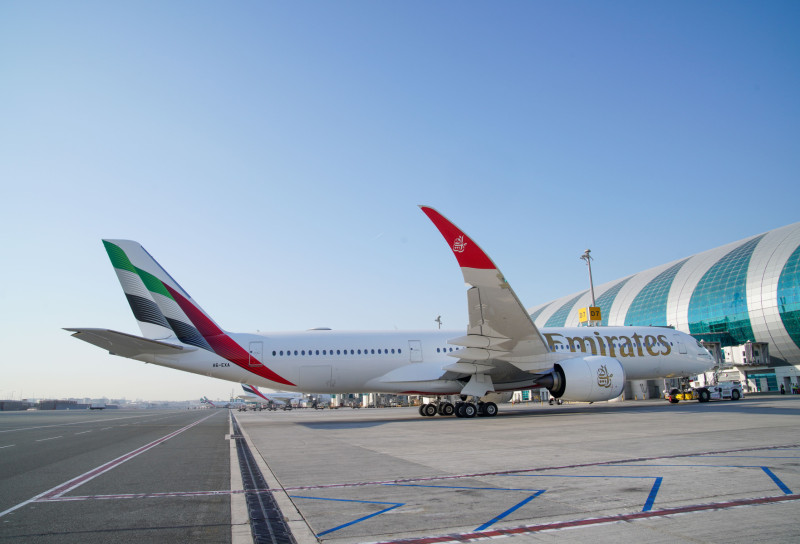Sukhoi Superjet 100 Fire in Turkey: Hull Losses are Starting to Mount Up
26 November, 2024
4 min read
Sharon Petersen
By joining our newsletter, you agree to our Privacy Policy


The Sukhoi Superjet 100 (SSJ100) has had four major incidents resulting in hull losses since its introduction in 2011. The incident today will likely be the fifth.
A Sukhoi Superjet 100 operated by the Russian airline Azimuth faced a serious incident while landing at Antalya Airport. During the landing the left engine struck the runway, causing a fuel leak that led to a fire. Despite the dramatic situation, all 79 passengers on board Flight AZO5051 escaped unharmed.
The cabin crew swiftly initiated evacuation procedures, deploying inflatable slides to safely guide passengers off the aircraft. Firefighters from the Turkish fire brigade quickly arrived and brought the fire under control.
Witnesses described a jarring impact during landing, with passengers experiencing moments of intense anxiety. Despite this, most remained composed during the evacuation, but still some retrieving their hand luggage as they disembarked. Adverse weather conditions, including heavy snowfall and strong winds, significantly complicated the landing process.
In the aftermath, Azimuth Airlines arranged for a replacement aircraft to transport the passengers. Meanwhile, Antalya Airport temporarily closed the affected runway and heightened security measures.
The Sukhoi Superjet 100 (SSJ100) has had four major incidents resulting in hull losses since its introduction in 2011. The incident today will likely be the fifth.
The previous incidents highlight various operational and technical challenges faced by the aircraft:
2012 Demonstration Flight Crash (Indonesia)
During a demonstration flight on May 9, 2012, an SSJ100 crashed into Mount Salak in Indonesia, killing all 45 people on board. The accident was attributed to pilot error and inadequate terrain awareness during a low-altitude maneuver in poor visibility.2013 Accident at Keflavík Airport (Iceland)
On July 21, 2013, an SSJ100 suffered significant damage during a landing at Keflavík Airport. The plane overran the runway in strong winds, and while there were no fatalities, the aircraft was declared a hull loss.2019 Aeroflot Flight 1492 Fire (Moscow)
On May 5, 2019, Aeroflot Flight 1492, an SSJ100, experienced an emergency landing at Moscow Sheremetyevo Airport after being struck by lightning. The aircraft's landing gear collapsed, and a fire engulfed the rear of the plane. Of the 78 people on board, 41 lost their lives. Pilot actions and procedural issues were identified as contributing factors.2021 Yakutia Airlines Incident (Yakutsk)
In October 2021, a Yakutia Airlines SSJ100 skidded off the runway during landing in Yakutsk, Russia, in icy conditions. While there were no fatalities, the damage rendered the aircraft a hull loss.
These incidents reflect a combination of human factors, weather challenges, and technical issues, raising questions about the aircraft's operational safety in certain environments.

Russia’s reliance on the SSJ-100
Russian airlines have increasingly turned to domestic models like the Sukhoi Superjet 100 and the developing Irkut MC-21 primarily due to international sanctions imposed in response to geopolitical conflicts, including Russia's invasion of Ukraine in 2022. These sanctions have severely affected Russia's ability to operate, maintain, and procure Western-built aircraft.
After the imposition of sanctions, many Western lessors demanded the return of leased Airbus and Boeing aircraft. Russia retained some of these planes, but their legal and operational status remains disputed.Sanctions prohibit Western manufacturers like Airbus and Boeing from supplying spare parts or providing maintenance support to Russian airlines. This has made it increasingly difficult to safely operate these aircraft and led to over half being grounded.
Simple Flying reports that Western aviation sanctions imposed after Russia's full-scale invasion of Ukraine have significantly disrupted the country's aerospace industry. These measures have hampered Russia's ability to manufacture passenger aircraft like the Sukhoi Superjet 100. Before the sanctions, 229 Superjets were produced, but efforts to restart production now involve fitting the jets with domestically developed engines and systems.
Similarly, Russia’s MC-21 aircraft, originally designed with Western components, is undergoing modifications to replace these with Russian-made alternatives. This shift has caused notable performance challenges: the substitution has reportedly added six tons to the aircraft's weight and reduced engine power, compromising its efficiency and market competitiveness.
AirlineRatings currently rates all Russian airlines as 1 star out of 7 for safety and advises against travel on Russian Carriers.
Get the latest news and updates straight to your inbox
No spam, no hassle, no fuss, just airline news direct to you.
By joining our newsletter, you agree to our Privacy Policy
Find us on social media
Comments
No comments yet, be the first to write one.

